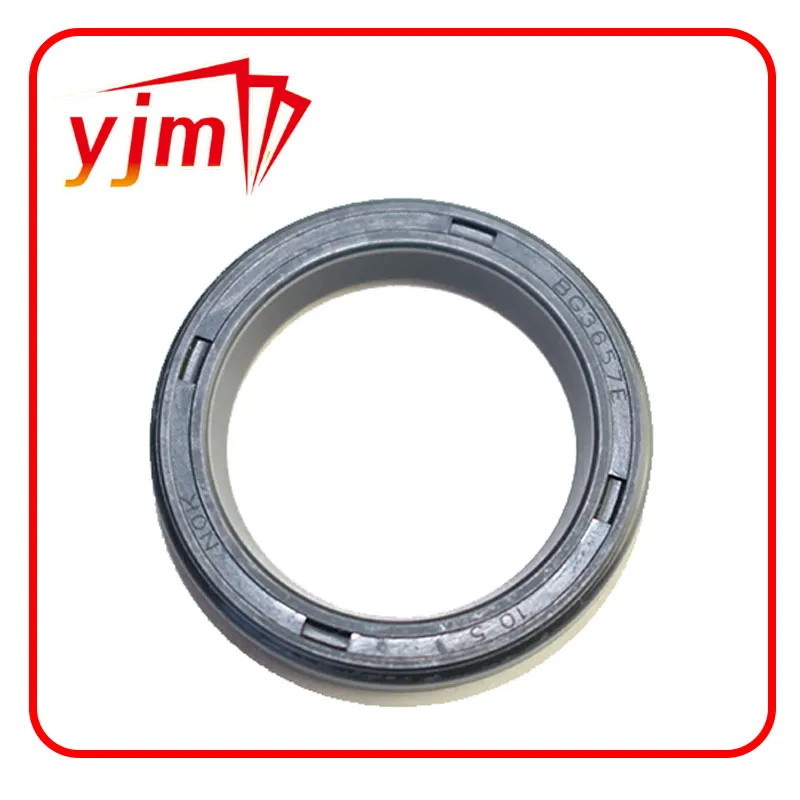Understanding VW Crank Seal Function and Importance in Engine Performance
Understanding VW Crank Seal A Vital Component of Engine Performance
The crankshaft seal, or crank seal, is a crucial component in the engine assembly of Volkswagen (VW) vehicles. This small yet significant part plays a vital role in maintaining the overall efficiency and longevity of the engine. Understanding the function, common issues, and maintenance of the VW crank seal can enhance vehicle performance and prevent costly repairs.
What is the VW Crank Seal?
The VW crank seal is designed to prevent engine oil from leaking out of the crankcase while also keeping contaminants from entering the engine. Situated at the front and rear of the crankshaft, the seal is made from durable materials, typically rubber or silicone, to withstand the high temperatures and pressures associated with engine operation.
Importance of the Crank Seal
The crankshaft itself is responsible for converting the linear motion of the pistons into rotational movement, which ultimately powers the vehicle. If the crank seal fails, it can lead to significant oil leaks. This not only reduces the oil level in the engine, resulting in inadequate lubrication but can also cause critical engine components to wear out prematurely. Furthermore, oil leaks can lead to environmental hazards and increase the likelihood of fire hazards.
Signs of a Failing Crank Seal
There are several warning signs that the VW crank seal may be failing. The most noticeable sign is oil pooling under the vehicle after it has been parked for any period. This leakage indicates that the seal has been compromised. Additionally, an illuminated oil pressure warning light on the dashboard can signal a low oil level due to leaks. Unusual engine sounds or an increase in engine temperature can also hint at seal failure, as insufficient lubrication leads to elevated friction within the engine.
vw crank seal

Common Issues with VW Crank Seals
One of the most common issues with VW crank seals is deterioration due to age and exposure to heat. Over time, the rubber material used in the seal can become brittle and lose its elasticity, leading to cracks and, eventually, leaks. Environmental factors such as extreme temperatures or exposure to harsh chemicals can exacerbate this deterioration.
Another issue might arise during engine installation or repair. If the crank seal is not installed correctly, it can lead to improper sealing, resulting in oil leaks. Furthermore, using the wrong seal size or type can also lead to premature failure. It’s essential to ensure that any replacement seal is compatible with the particular VW engine model.
Maintaining Your VW Crank Seal
Regular maintenance of your VW vehicle is essential to prolong the life of the crank seal and the engine as a whole. Routine oil changes, following the manufacturer’s recommended intervals, can help keep the engine running smoothly and reduce wear on the crank seal. It’s also vital to check for any signs of leakage and address them immediately. If you notice oil under the car or changes in engine performance, it’s advisable to consult a mechanic for a thorough inspection.
Conclusion
The VW crank seal may be a small component, but its importance in the overall functioning of the engine cannot be overstated. Regular maintenance and vigilance can help detect issues early and avoid significant repairs. Understanding its role and potential problems will empower VW owners to maintain their vehicles effectively, ensuring a smooth and efficient driving experience. Keeping an eye on the signs of a failing crank seal can save time and money, making it an essential aspect of vehicle care.
-
Seal 12x20x5: Precision Radial Shaft Seals for Industrial Reliability
News Nov.24,2025
-
Seal 12x18x5: Essential Guide to Specifications, Applications & Vendors
News Nov.24,2025
-
Understanding Seal 12 20 5: Applications, Specifications & Industry Insights
News Nov.23,2025
-
Durable Oil Seal 85x110x12 – Reliable Sealing Solutions for Industry
News Nov.23,2025
-
Durable and Precise Oil Seal 75x95x10 for Efficient Machinery | YJM Seal
News Nov.22,2025
-
Durable Oil Seal 75x100x10 for Reliable Industrial Performance | YJM Seal
News Nov.22,2025
-
High-Quality Oil Seal 65x90x10 | Durable & Reliable Sealing Solutions
News Nov.22,2025
Products categories















